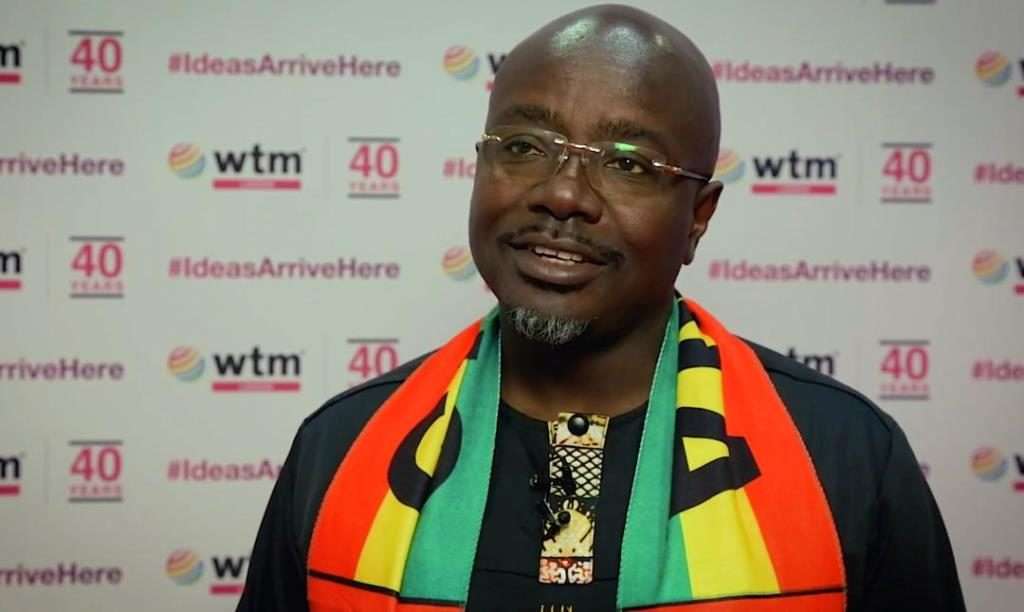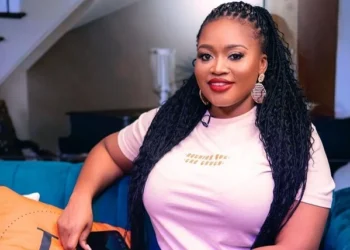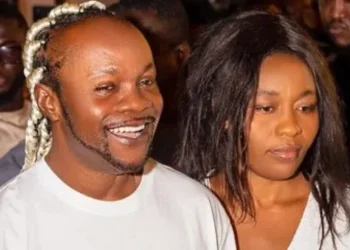Africa’s music landscape is richly textured, and in Ghana, veteran musicians have played pivotal roles in forging genres like Highlife, Hiplife, gospel, and many fusion styles.
Their works laid the groundwork for contemporary sounds, influenced younger generations, and served as cultural ambassadors. However, despite their foundational contributions, many veteran artists are marginalized, facing financial hardship, poor health support, and loss of visibility.
It’s time for Ghana’s creative arts ecosystem, government bodies, industry associations, media, patrons, and fans to act deliberately to honor, support, and empower veteran musicians, both for their own welfare and for the continued flourishing of Ghanaian music.
Former CEO of the Ghana Tourism Authority, Akwasi Agyeman, has stated that greater attention should be given to veteran musicians in the creative arts industry.
Akwasi Agyeman noted that musicians play a pivotal role in the economy, hence their erlfare should be taken more seriously.
“I don’t think people understood the creative arts to be a business. I mean, if you look at the old musicians, they played their lives out for nothing. But the new generations starting from the Lumba, Dada KD, they started looking at it as business friendship aside, brotherhood. We need to pay more attention to the sector and pay mor attention to the welfare of our musicians.”
Akwasi Agyeman
Akwasi Agyeman further noted that there is a common perception that veteran musicians must always appear happy and wealthy, a notion he believes should be challenged.
“When they are going through difficulties, they don’t have anybody to share with. They are always meant to be seen laughing, they are always meant to be seen rich, but sometimes it’s not like that.”
Akwasi Agyeman
Veteran musicians preserve musical forms, performance techniques, languages, and stories that contemporary practice often samples without fully understanding.

Highlife, palm-wine guitar, and early hiplife innovations, for example, are not merely entertainment, they are repositories of history and social commentary. Losing the custodians means losing the nuances that make Ghanaian music distinct.
Countries that institutionalize care for their artistic elders through archives, pensions, or honorary roles garner greater cultural capital abroad and attract partnerships that benefit the whole industry.
Problems Facing Veteran Musicians in Ghana
Many veteran musicians lack stable incomes, pensions, or access to affordable healthcare. As live performance opportunities diminish with age and market preferences shift, older artists often face precarious finances.
Collective management institutions and copyright enforcement have historically been ineffective in some cases, meaning veterans receive limited compensation from radio play, public performances, and digital streaming. Complex rights chains and opaque distribution systems disproportionately hurt older artists who rely on legacy catalogs.
Also, contemporary media and commercial outlets prioritize youth-oriented acts and trends. Veteran musicians receive less radio play, festival booking, and brand sponsorship, which reduces visibility and earning potential.
Multiple bodies like unions, rights organizations, and government ministries often lack coordination. This fragmentation makes it hard to implement coherent welfare or legacy programs for veterans.
Some may argue that resources are limited and must prioritize emerging talent to sustain industry growth. This is a false dichotomy. Investing in veterans complements youth development: it preserves the antecedents that give new work depth, increases the market’s diversity, and creates mentorship pathways that raise standards.

Moreover, many veteran-focused initiatives are cost-effective, public-private partnerships, legacy festivals, and targeted grants create value without open-ended public liabilities.
The fate of Ghana’s veteran musicians is not a niche cultural concern; it is a barometer of national values and a lever for future prosperity.
Honoring, protecting, and integrating veterans into the contemporary creative ecosystem safeguards Ghana’s musical identity, enriches artistic production, and builds a more inclusive and sustainable industry.
Policymakers, industry leaders, and everyday citizens must act through funding, policy reform, and public recognition to ensure that those who gave Ghana its songs are neither forgotten nor forced into hardship. The nation’s soundscape deserves nothing less.
READ ALSO: Ghana’s Diplomacy Balances Principle And Pragmatism























